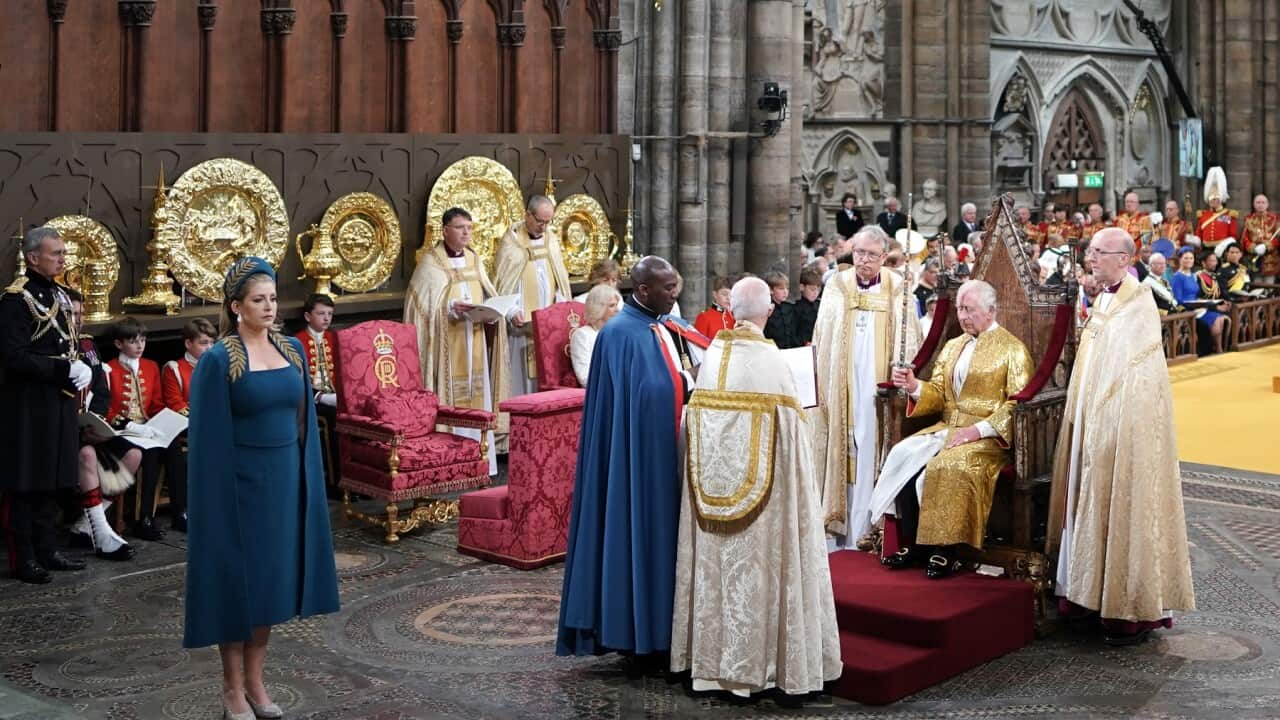Differences under law
The laws regarding de facto couples differ between states and the Commonwealth.
For Centrelink purposes, you are a de facto couple from the moment you start living together; for migration law it is after 12 months of cohabiting (unless you have a child together or de facto relationships are illegal in your country of origin).
Under family law it is different again: a minimum of two years (unless you have a child together, have registered your relationship, or have made significant contributions to the relationship).
Where married couples use IVF, both spouses are automatically legal parents. But for de facto couples using reproductive technologies, their child’s parentage depends on whether a de facto relationship is proven to exist.
Couples who are or were married must file for property and/or spousal maintenance proceedings in the Family Court within one year of finalising a divorce, but have the option to agree to an extension of time in which to file. No such provision exists for de facto couples; they must file proceedings within two years.
In many states, a new marriage nullifies an existing will, unless that will was quite specifically worded. This is not the case when you enter a new de facto relationship. In the latter situation, if you die before making a new will, a court might need to decide how your assets are allocated.
In all contexts, de facto relationships require significant proof, which means partners may have to provide evidence about their living and child care arrangements, sexual relationship, finances, ownership of property, commitment to a shared life and how they present as a couple in public.
When does it matter?
Sadly, the times when marital status matters most are likely to be times of grief, or high stress.
Difficulties for de facto couples arise from the complex inter-relationship between the “burden of proof”, institutionalised homophobia, and the sticky situations that can often arise in interpersonal or family conflict.
For example, a person in a de facto relationship might need to prove their relationship:
- if their partner is very ill, in order to make decisions about their care and treatment
- if their partner who has died, in order to be listed as their spouse on a death certificate or to be involved in funeral planning (being listed on a death certificate is critically important when it comes to claiming superannuation payouts and myriad other issues); or
- if their partner has died without leaving a will.
Unmarried de facto couples often experience difficulties attaining residency and/or working rights overseas. Married couples rarely experience these problems.




